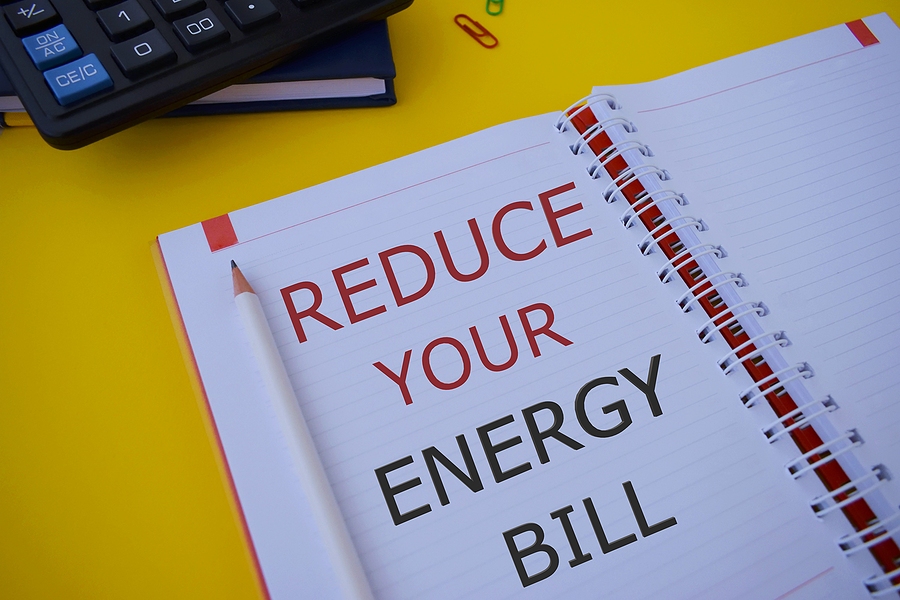As a homeowner, you’re likely aware of the increasing costs associated with household energy consumption. This is why cutting down on energy use can mean big savings. In addition to the financial benefits, reducing electricity use can help to decrease your environmental impact by making your home greener and more sustainable.
Here are 10 great tips you can apply today to reduce your household energy use.
1. Insulate your home.
Proper insulation is essential for energy efficiency. Insulate the walls, ceilings, and floors to prevent heat from escaping during the cold of winter and entering during the heat of summer. Doing this will help you maintain a comfortable indoor temperature with reduced reliance on heating and cooling systems.
2. Upgrade to energy-efficient appliances.
When purchasing new appliances, look for ones with a high energy star rating. The Energy Rating Label tells you if the appliance you want to buy uses less energy and is more efficient than other options. Also, replacing older appliances with energy-efficient models can significantly lower your energy consumption.
3. Seal gaps and draughts.
Gaps and draughts around windows, doors, and vents can cause air leaks, making your home less energy-efficient. Use weather stripping, caulking, or draft stoppers to seal these gaps. This way, you’ll prevent warm or cool air from escaping and reduce your reliance on heating and cooling systems.
4. Install a solar water heater.
Solar water heaters use energy from the sun to heat water, helping you to cut down on the energy required to heat water using conventional methods.
5. Use energy-efficient lighting.
Replace traditional incandescent light bulbs with energy-efficient alternatives like compact fluorescent lamps (CFLs) or light-emitting diodes (LEDs). These options use less energy and last longer, saving you money on both power bills and replacement costs.
6. Install a programmable thermostat.
A programmable thermostat allows you to set specific temperatures for different times of the day, ensuring that your home is only heated or cooled when necessary.
7. Use natural ventilation.
Open windows and doors to let fresh air circulate through your home instead of relying on air conditioners. This can help to maintain a comfortable temperature while reducing energy consumption.
8. Plant shade trees around your home.
Strategically plant trees around your home to provide shade and act as a natural barrier against the heat of the sun. Trees will help to keep your home cooler during the summer months, reducing the need for air conditioning.
9. Turn off appliances at the Power Point.
Leaving appliances on standby mode can consume a significant amount of energy over time. Turn off appliances at the power point when not in use.
10. Practise energy-conscious habits.
Simple changes to your daily routine can lead to significant energy savings. These habits can include turning off the lights when not in use, taking shorter showers, washing clothes in cold water, using rain and greywater for garden irrigation and so on.
Reducing household energy consumption not only saves money but also benefits the environment. By implementing these 10 tips, you can have an energy-efficient home and contribute to a greener, more sustainable future.
If this article has inspired you to think about your own unique situation and, more importantly, what you, your family or your business are going through right now, please contact your advice professional.
If you would like to know more, feel that you or anyone you know requires advice, or would simply like a review of your financial situation, please visit our contact page call our office today to arrange an appointment on (07) 5574 0667.
We encourage all of our clients and colleagues to Like and Follow us on Facebook as we will be posting exclusive content including business updates throughout 2024.





